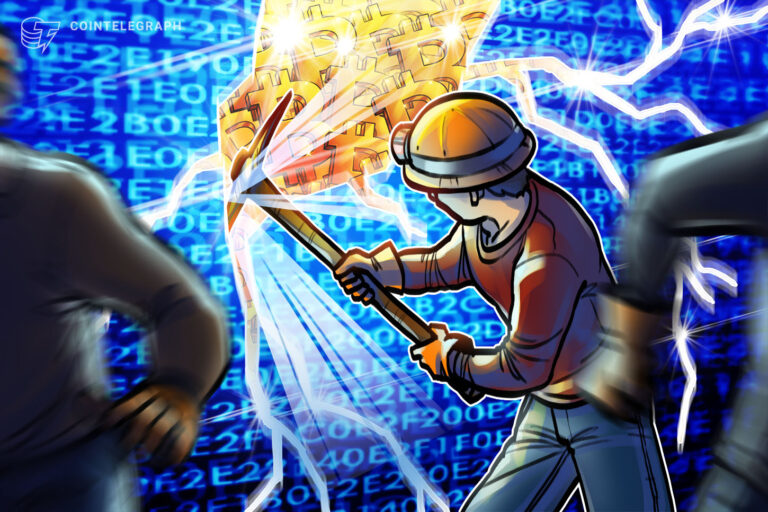
[ad_1]
Cointelegraph reported last week about the latest findings of Sergio Dermain Lerner, who is known for his discovery of the so-called “Patoshi pattern.” His latest research suggests that Satoshi Nakamoto likely used a single PC to mine approximately 1.1 million Bitcoin (BTC). However, it appears that there was something of even greater importance lost in the excitement about this discovery. If Lerner’s latest findings are accurate, it would put an end to seven years worth of speculation concerning the meaning behind the mysterious pattern.

Patoshi pattern. Source: Sergio Darmain Lerner’s blog.
Lerner first wrote about the mysterious Bitcoin mining pattern back in March 2013. Some privacy flaws in the original Bitcoin code allowed him to discover Satoshi’s mining idiosyncrasies. The crux of the pattern arises from the fact that Satoshi’s mining code incremented the ExtraNonce field differently than the default Bitcoin code. A couple of months ago, Lerner also suggested that Satoshi refrained from mining in the first five minutes of the block. This gave rise to growing speculation about the meaning behind this pattern.
Some have suggested that Satoshi was intentionally “marking” their Bitcoins. Others say that this was a way for the Satoshi team to demarcate their portions of the fortune. Some speculate that Satoshi optimized their equipment or code, allowing them to mine faster than anyone else. Yet others believed that the pattern originated from the fact that Satoshi was using around 50 machines for mining. This latter theory may have given Craig Wright the idea to claim that he used a Bitcoin farm in Australia to mine his coins.
The truth, however, appears to be less exciting but more sound. Satoshi was using a multithreaded PC for mining. (Lerner also suggested to us that possibly Satoshi was using a Field-programmable gate array, which would be consistent with Satoshi apparently “pre-inventing” GPU mining and would not affect these conclusions.) In order to avoid redundancy, Satoshi would limit each thread to a distinct, non-overlapping nonce space. During Bitcoin mining, a nonce gets incremented with every unsuccessful attempt to solve a hash puzzle. Thus, the mysterious pattern may not have been created by choice, but rather as a side effect of Satoshi’s unique mining setup. Lerner agreed with this conclusion, potentially allowing us to put the speculation over this theory to rest once and for all.
[ad_2]
Source link